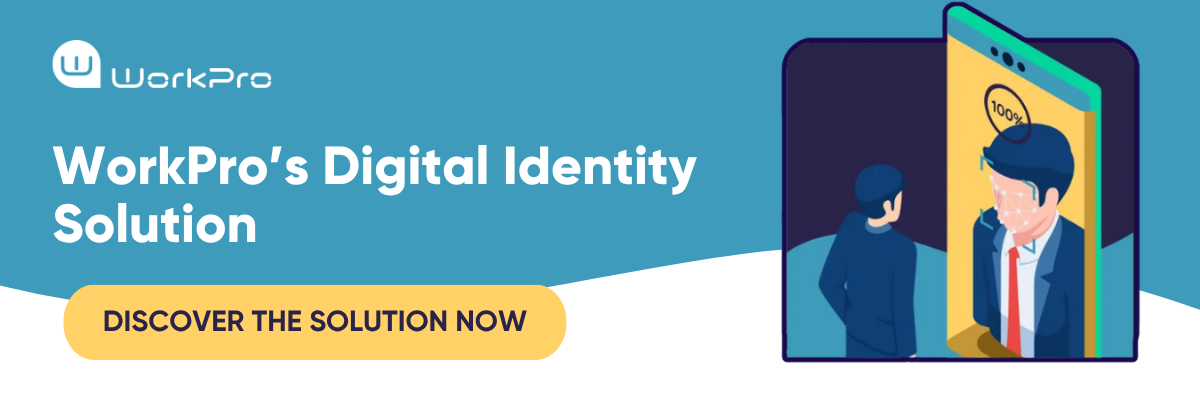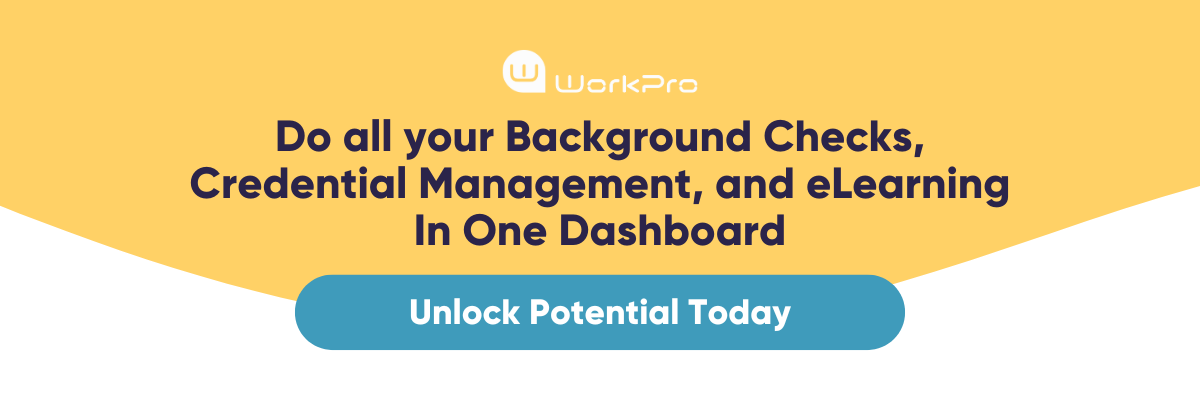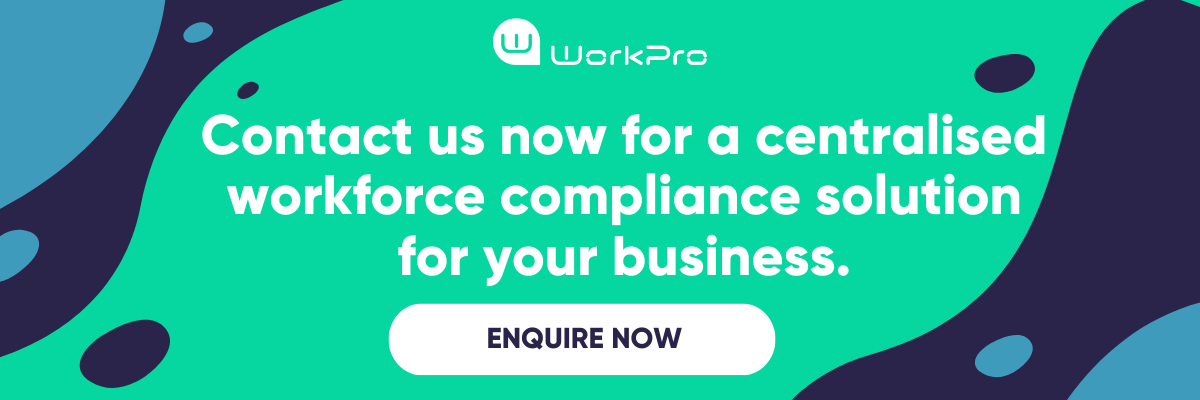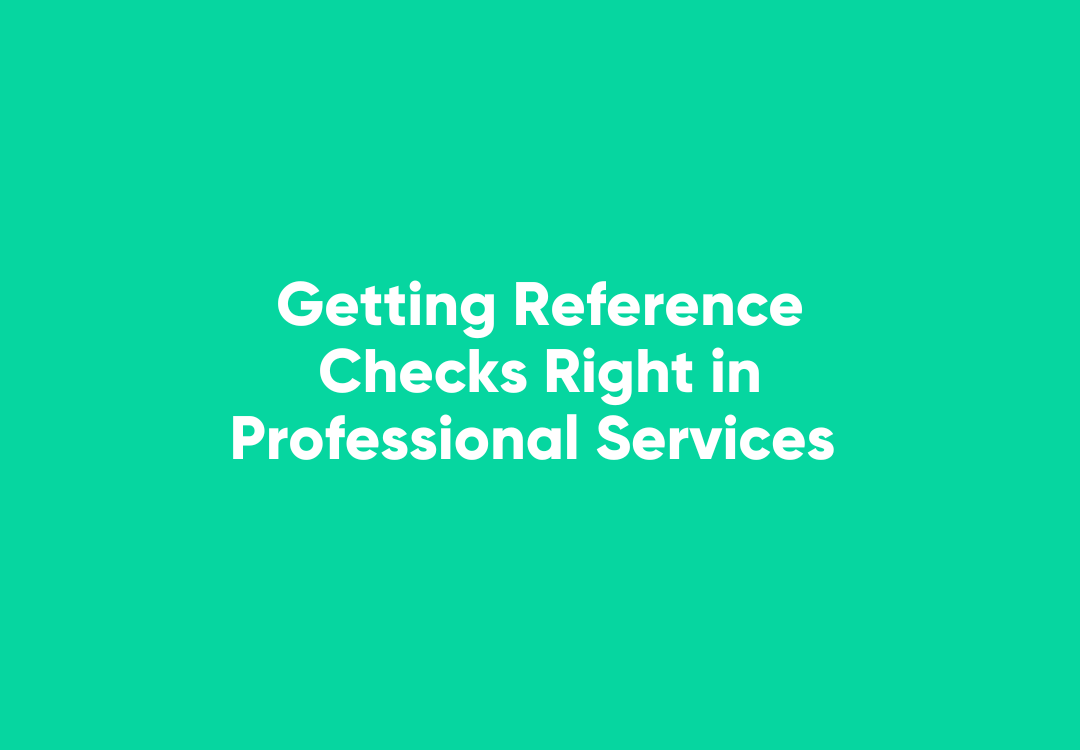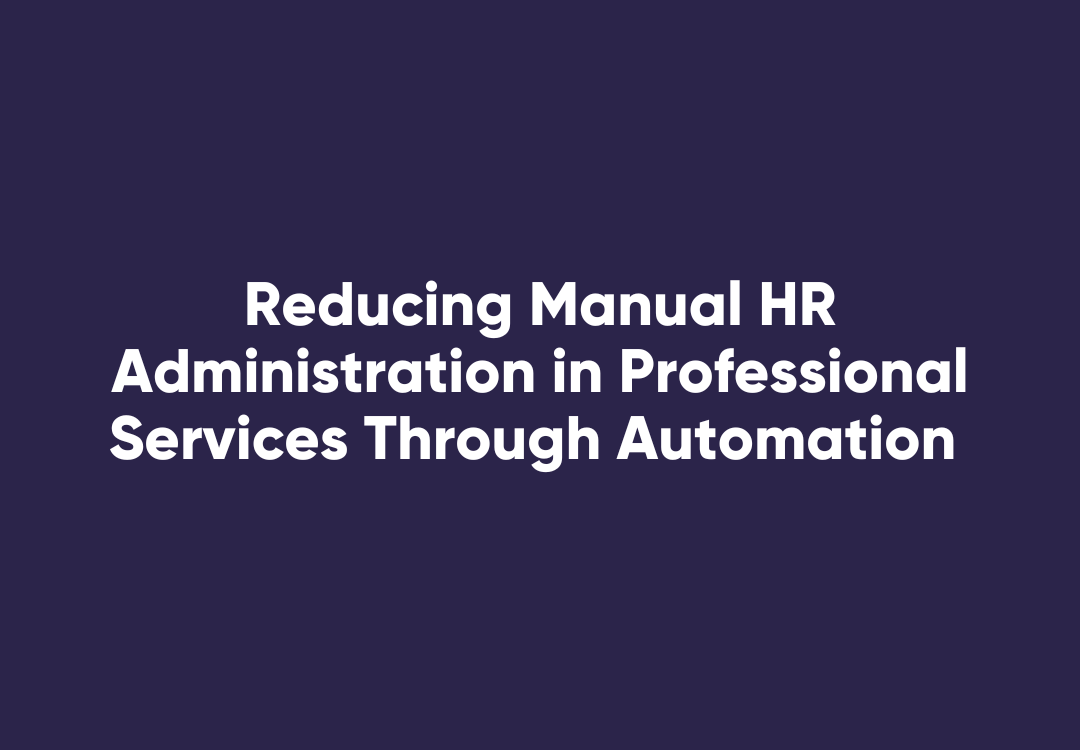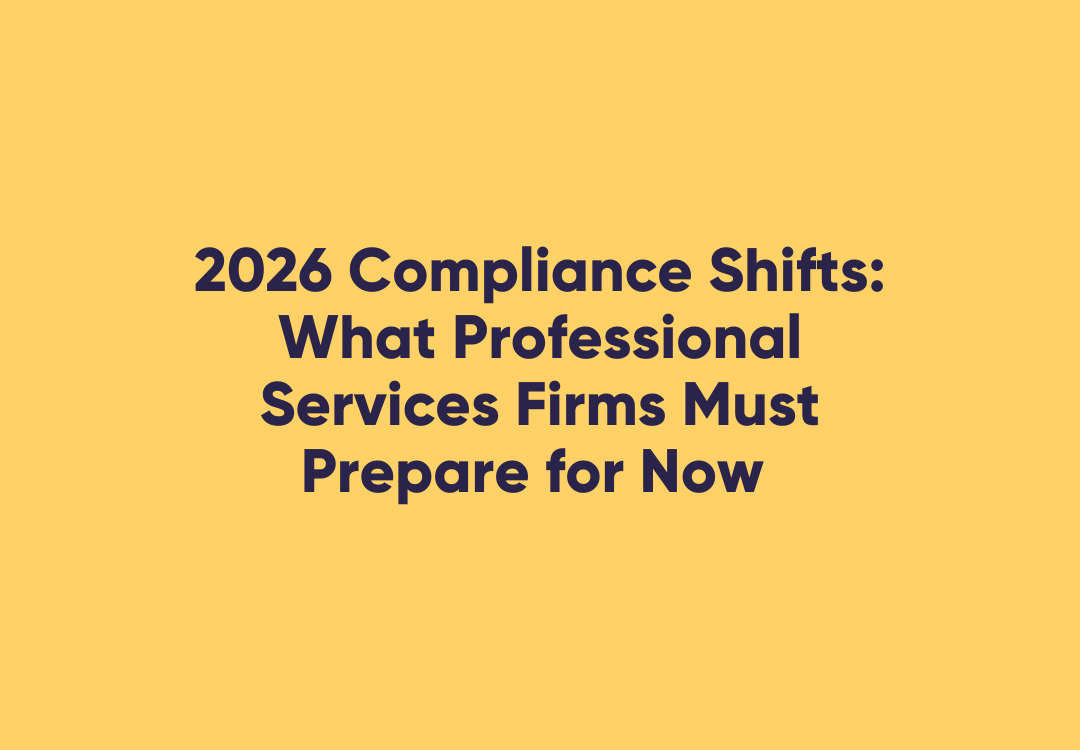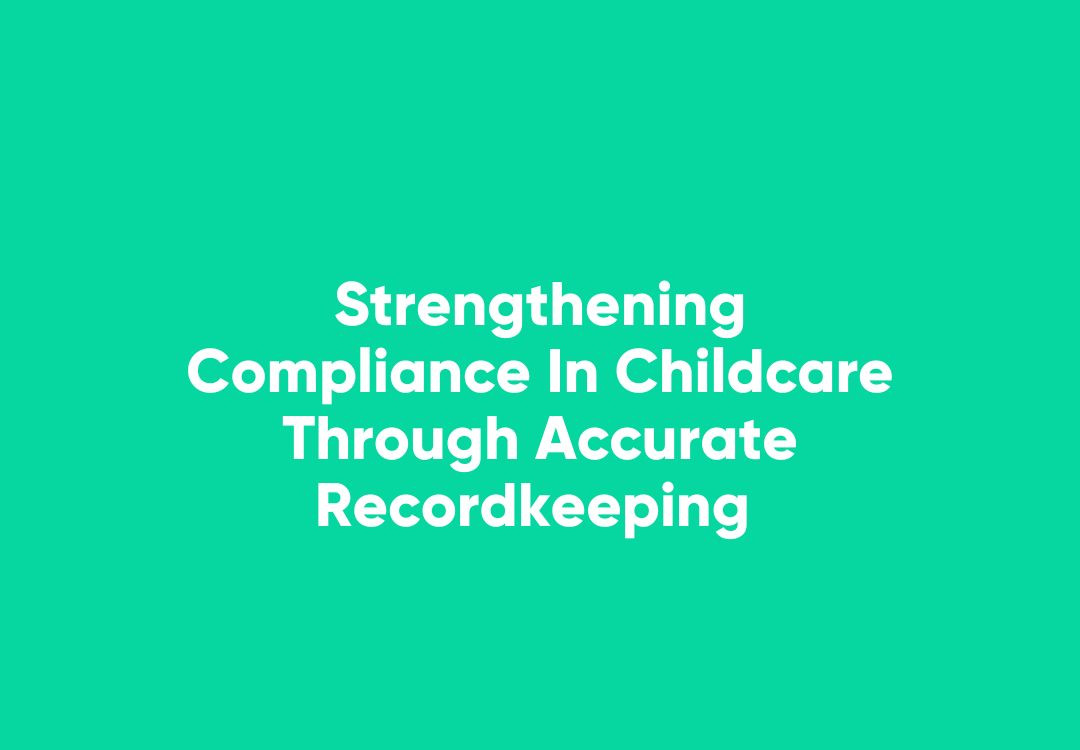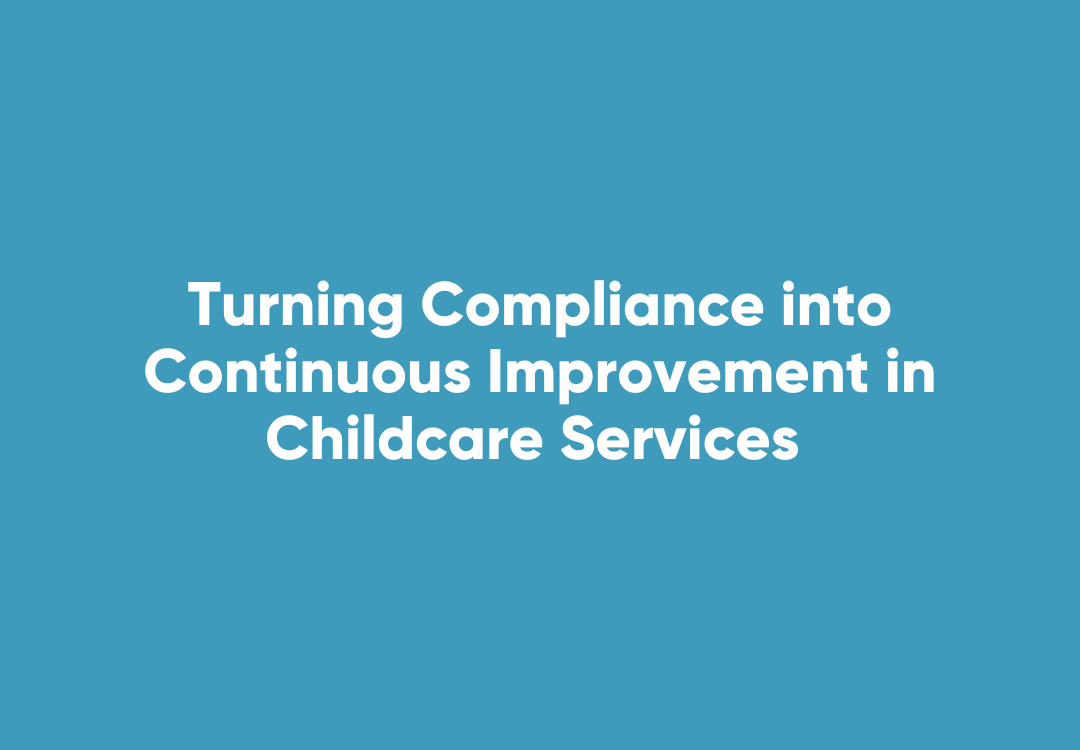Digital Identity Compliance: What the New Act Means for Hiring & Verification
Digital Identity Compliance: What the New Act Means for Hiring & Verification
Australia’s Digital ID Act 2024, which came into effect on 1 December 2024, has formalised a national framework for how digital identity is managed. It introduces a voluntary accreditation scheme that sets out clear standards for privacy, security, and identity verification. Although accreditation is optional, it provides a legal baseline for trust in digital identity systems used by both government and private sectors.
For employers, particularly HR and recruitment professionals, the Act is not yet mandatory, but it is highly relevant. Organisations using digital identity tools to verify candidate information are increasingly expected to align with these standards, especially as the Australian Government Digital ID System (AGDIS) expands to include more services and providers.
This blog explains what the Act covers, how it relates to hiring and onboarding, and what steps HR teams can take to align with its principles now, before tighter compliance expectations emerge.
What is the Digital Identity Act and Why Does It Matter for HR?
The Digital ID Act 2024 is a national framework that governs how digital identity services operate across both public and private sectors. It does not force employers to adopt these systems, but it sets out clear rules for any provider that wishes to be accredited under the scheme.
Why does this matter for hiring?
Many Australian employers use digital tools to verify identity and work rights as part of onboarding. This includes services that rely on:
- Document Verification Service (DVS) to confirm documents like passports or licences are current and valid
- Biometric verification using facial recognition or fingerprints to confirm identity
- Digital identity platforms that collect and store personal information during screening
Even though participation is voluntary, employers using these systems are increasingly expected to choose providers that meet or are
working toward accreditation. Doing so helps demonstrate that candidate data is being handled securely and ethically.
What Are the Key Changes in the Digital ID Framework?
While the accreditation model is optional, the standards are comprehensive. Providers seeking accreditation, and by extension, the employers using them, must address the following key areas:
1. Explicit, Informed Consent
Candidates must be clearly told how their data will be used and must give informed consent before any checks are performed.
2. Stronger Oversight of Third-Party Platforms
Only certified providers will be able to participate in the official digital ID ecosystem. Employers will need to verify that their tools meet or are preparing to meet these standards.
3. Data Minimisation and Purpose Limitation
Only data needed for verification may be collected and stored. Keeping additional personal information increases compliance risks.
4. Candidate Data Rights
Candidates must be given options to view, correct, or request deletion of their identity data.
5. Mandatory Audit and Security Controls
Organisations must maintain accurate records of identity checks and be able to demonstrate compliance with privacy and security requirements.
What Should HR Teams Do Now to Prepare?
HR teams do not need to wait for mandatory regulations to act. Instead, they can proactively align with the Act’s framework by following these steps:
- Audit your current onboarding processes for how identity data is collected, stored, and consented to
- Speak with your identity verification provider about their accreditation pathway and readiness
- Update candidate communications and consent forms to ensure clarity and compliance with emerging standards
- Provide training to HR and compliance staff on the key requirements of the Act and data privacy obligations
- Introduce regular compliance reviews as part of your onboarding operations
These steps will not only reduce legal exposure but will also support a more transparent and trustworthy candidate experience.
What Questions Should HR Teams Ask About Digital Identity Platforms?
To ensure your onboarding systems are future-ready, consider these essential evaluation questions:
Is the digital identity platform aligned with the Digital ID Act 2024?
Ask whether the provider is accredited or currently seeking accreditation under the national framework.
Does the platform support explicit candidate consent for identity checks?
Ensure that consent is recorded, stored, and easily auditable.
What components does the system include for secure identity verification?
Look for platforms that include DVS access, biometric verification, OCR, and fraud detection.
How does the provider manage data privacy and access controls?
The system should enforce encryption, audit trails, and limited access to sensitive data.
Can candidates view or update their identity data?
Support for candidate rights is a core part of the framework and an emerging expectation from jobseekers.
Does the platform support integration with our HRIS or ATS?
Embedded workflows reduce manual handling and ensure identity checks are part of a secure, end-to-end process.
How WorkPro Is Supporting Compliance with the Digital Identity Act
WorkPro is actively progressing toward alignment with the Digital ID Act accreditation framework. While the Act is not mandatory, many of the platform’s capabilities already support the expected standards.
WorkPro currently offers:
- DVS integration to verify official documents against government databases
- Biometric verification with liveness detection to confirm the candidate is present and legitimate
- OCR technology to extract and validate document data securely
- Candidate consent workflows that prompt for clear, recorded authorisation before checks proceed
- Comprehensive audit logs to support internal reviews and regulatory oversight
- Secure data storage within Australia, compliant with the Australian Privacy Act
- Modular integration with major HR systems including JobAdder, PageUp, Bullhorn, and Salesforce
WorkPro continues to invest in capabilities that align with national standards for digital identity. Employers using WorkPro can access platform updates and support to help refine their onboarding workflows and align with the expectations set by the Act.
The introduction of the Digital ID Act reflects a broader movement toward secure, privacy-conscious digital systems. While not compulsory for employers, the framework provides a clear direction for how identity should be managed; securely, transparently, and with respect for individual rights.
HR professionals who act early can future-proof their hiring processes, reduce compliance risk, and strengthen trust with candidates.


